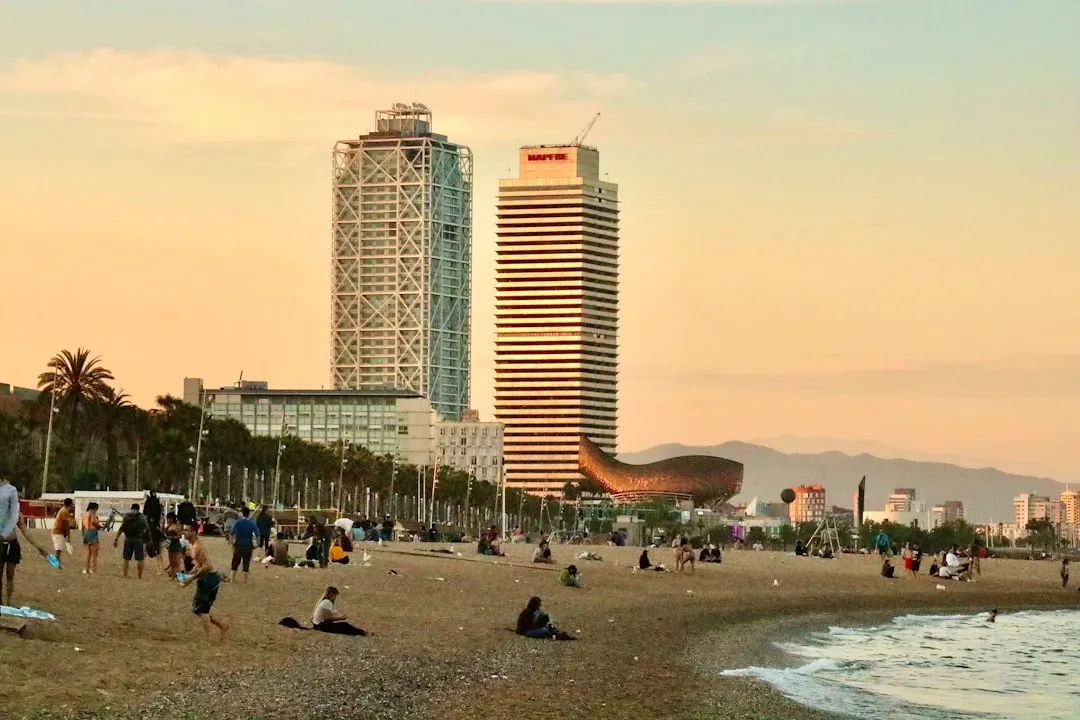Spain boasts one of the most well-regarded healthcare systems in the world, offering both public and private healthcare options. If you're planning to move to Spain, understanding how to access healthcare is crucial. This article will guide you through the steps to register for both public and private healthcare, helping you choose the right option for your needs.
1. Overview of Spain’s Healthcare System
Spain operates a universal healthcare system primarily funded by taxes. The public system, known as Seguridad Social, provides free or low-cost healthcare services to Spanish residents, while private healthcare is available for those who want quicker access to specialists or more comfort.
Spain’s healthcare system is divided into:
- Public Healthcare: Available to all residents who are employed or self-employed, including those paying into the social security system.
- Private Healthcare: Often used to complement public healthcare with faster services, private facilities, and more specialized care.
2. Who is Eligible for Public Healthcare?
To be eligible for public healthcare in Spain, you need to meet certain criteria:
- Be employed or self-employed in Spain and contribute to the social security system.
- Be a resident pensioner or receiving state benefits.
- Be a registered resident of Spain (empadronamiento) without the means to access private insurance.
3. Registering for Public Healthcare
Here are the steps to register for public healthcare in Spain:
Step 1: Get Your Social Security Number (Número de Seguridad Social)
To access public healthcare, you'll first need to obtain a Social Security Number. If you are employed, your employer should handle this process. For the self-employed (autónomos), you can request a social security number at your local Tesorería General de la Seguridad Social (TGSS) office.
You will need:
- Valid Passport or NIE (Foreigner Identity Number)
- Proof of employment or self-employment (contract or registration as autónomo)
Step 2: Empadronamiento (Registering with Your Local Town Hall)
Before accessing healthcare, you must be registered as a resident in your local municipality. This is called empadronamiento and can be done at your local town hall (Ayuntamiento).
Documents required:
- Valid passport or NIE
- Rental contract or proof of address
- Completed empadronamiento form
Step 3: Apply for a Health Card (Tarjeta Sanitaria)
Once you have your Social Security Number and empadronamiento, visit your local health center to apply for your health card. This card grants you access to public health services, including general practitioners, specialists, and emergency care.
Documents required:
- Social Security Number
- Proof of empadronamiento
- Passport or NIE
- Completed health card application form
4. Private Healthcare in Spain
While Spain’s public healthcare system is excellent, some residents opt for private healthcare to avoid long waiting times or to access more specialized care. Many employers offer private health insurance as part of their benefits package, but you can also purchase individual plans.
Why Choose Private Healthcare?
- Quicker access to specialists and surgeries
- Better facilities and more comfort during hospital stays
- English-speaking doctors in many private hospitals
Popular Private Health Insurance Providers:
- Sanitas (www.sanitas.es)
- Adeslas (www.segurcaixaadeslas.es)
- Mapfre Salud (www.mapfre.es)
- DKV Seguros (www.dkvseguros.com)
Step 1: Choosing a Private Insurance Provider
Compare various providers based on coverage, costs, and services offered. Some providers may offer packages tailored to expatriates, with English-speaking doctors and customer service.
Step 2: Apply for Coverage
Once you’ve chosen a plan, apply online or visit the insurer’s office. Make sure to check if the plan offers:
- Primary care
- Specialist care
- Hospitalization and surgery
- Dental care
5. How to Access Public and Private Healthcare
You can use both public and private healthcare systems simultaneously in Spain. Many expats opt for private healthcare for faster access to certain services while relying on public healthcare for everyday medical needs and emergencies.
6. Accessing Healthcare as a Foreigner
EU citizens can access public healthcare with a European Health Insurance Card (EHIC) during short-term stays in Spain. For long-term residency, you must register for Spain’s healthcare system following the steps above. Non-EU citizens will need private insurance when applying for a residency visa but can later switch to public healthcare if eligible.
7. Special Considerations for Pensioners and Retirees
If you're a retiree or pensioner relocating to Spain, you may be eligible for public healthcare through bilateral agreements between Spain and your home country. Pensioners from EU countries can also access healthcare using an S1 form, which is a certificate of entitlement to healthcare.
8. Additional Resources and Helpful Links
- Seguridad Social: www.seg-social.es
- Spanish Health Ministry: www.mscbs.gob.es
- Sanitas Private Health Insurance: www.sanitas.es
- Adeslas Private Health Insurance: www.segurcaixaadeslas.es
By following these steps, you can smoothly navigate Spain's healthcare system, whether you opt for public or private care. It’s essential to stay informed and choose the healthcare coverage that best suits your needs.




